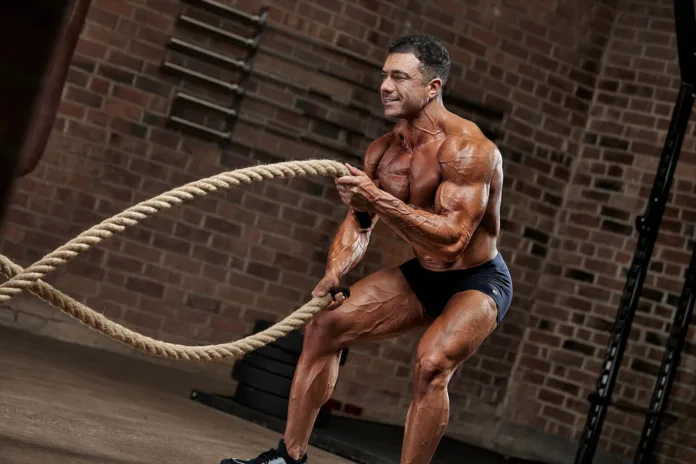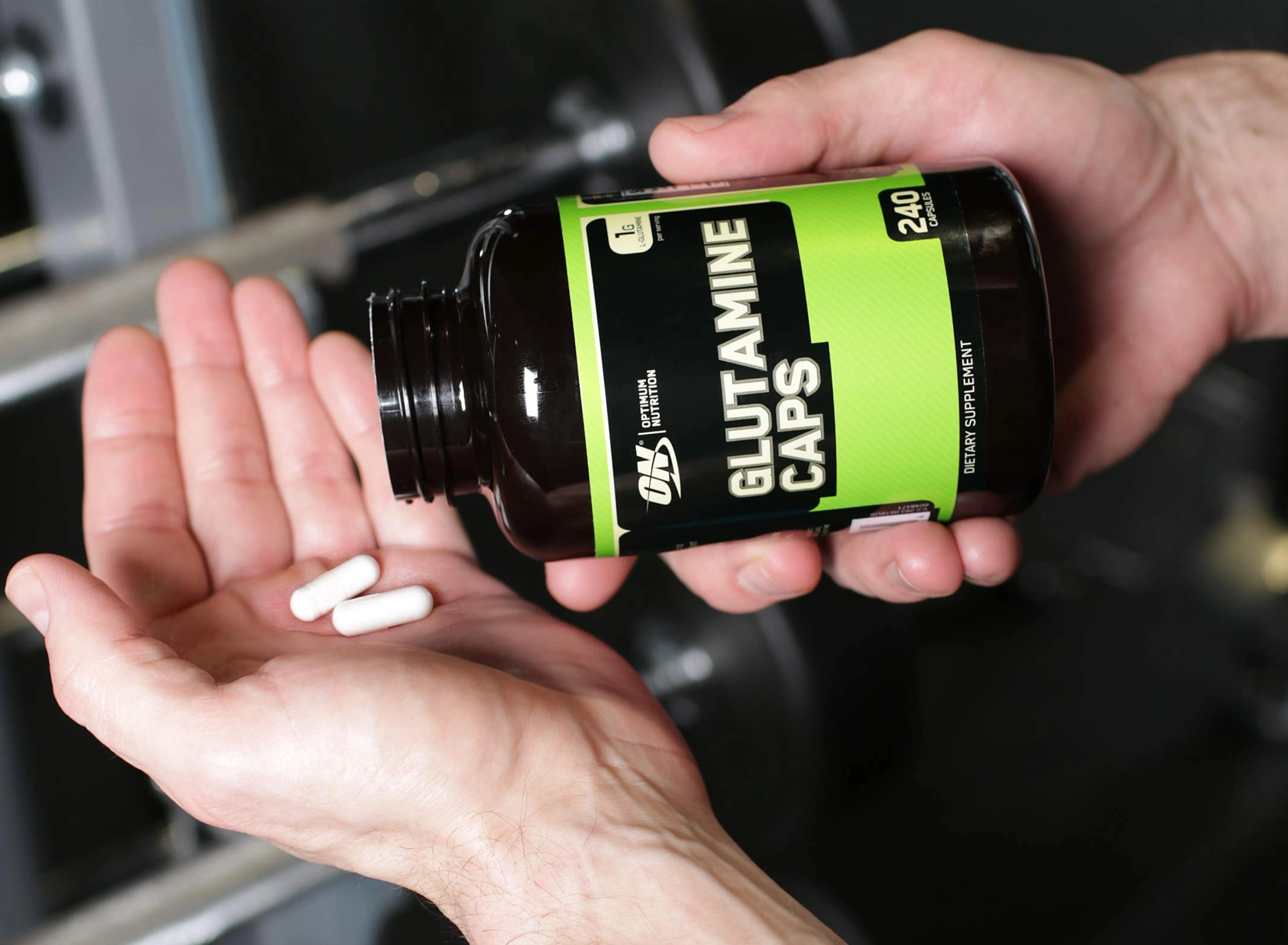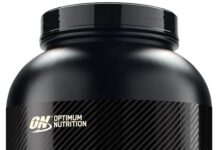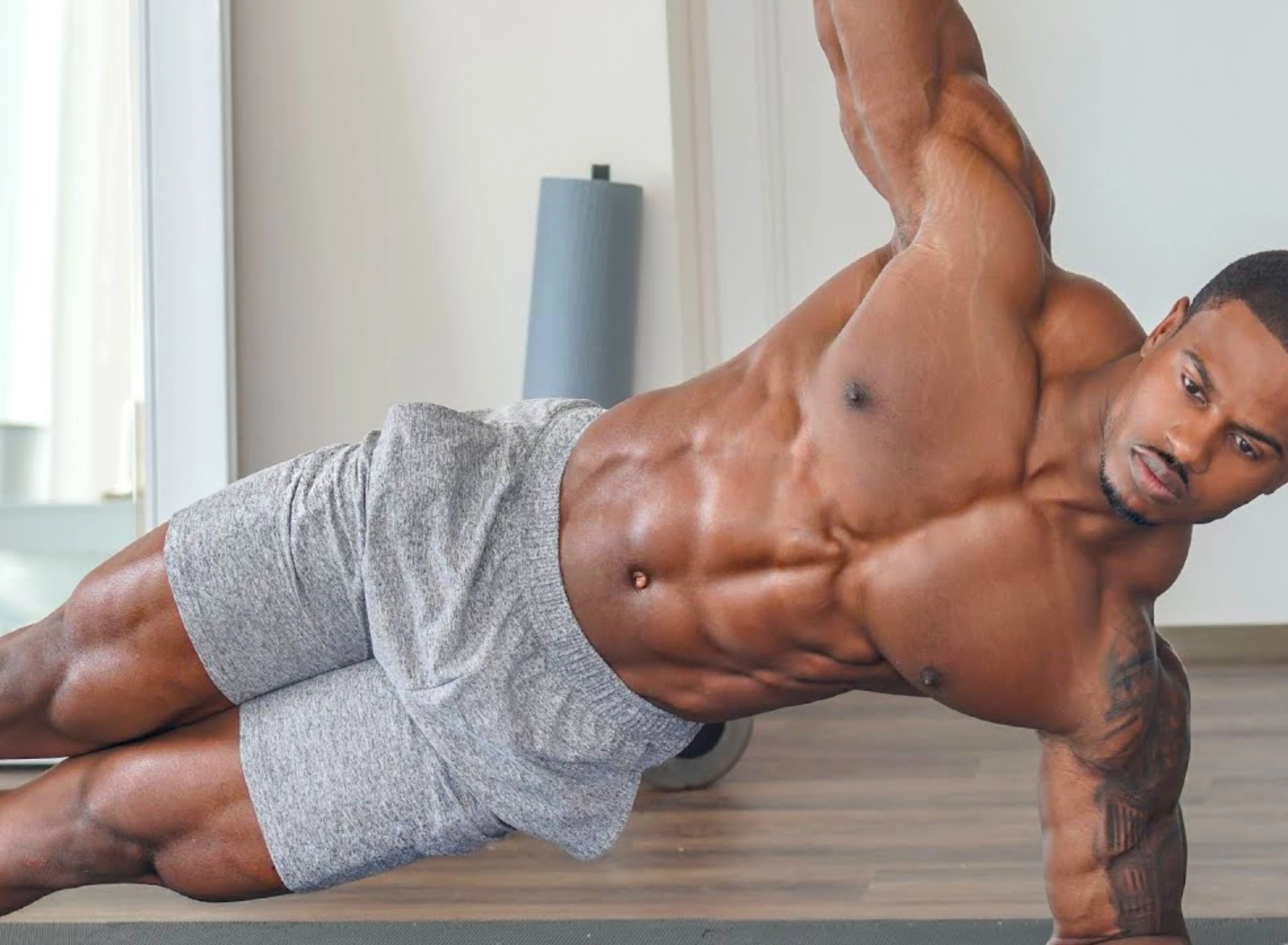So, you’ve been out of the gym game for a bit, huh? It’s like getting back on a bicycle after years of not riding – you know you used to rock it, but can you still? Well, here’s the cool part – your muscles have memory, just like your brain.
Muscle Memory: What It Is and How It Works
Muscle memory is a type of motor learning that allows us to perform movements without conscious thought. It is a complex process that involves the brain, nervous system, and muscles.
When we learn a new movement, the brain creates new neural pathways. These pathways allow the brain to send signals to the muscles in a more efficient way. The more we practice a movement, the stronger the neural pathways become.
Muscle memory is not just about performing movements without thinking. “It also allows us to learn and adapt to new movements more quickly. For example, if you have ever learned how to ride a bike, you know that it is much easier to learn how to ride a different bike once you have already learned how to ride one”. This is because your brain already has the basic neural pathways for riding a bike.
Muscle memory is also important for sports performance. Athletes who have good muscle memory can perform complex movements with greater speed, power, and accuracy.
 How Muscle Memory Works
How Muscle Memory Works
Muscle memory is thought to work in a few different ways. One way is through the process of synaptic plasticity. Synaptic plasticity is the ability of synapses (the connections between neurons) to change in strength. When we learn a new movement, the synapses between the neurons that control that movement are strengthened. This allows the brain to send signals to the muscles more efficiently.
Another way that muscle memory works is through the process of motor unit recruitment. Motor units are groups of muscle fibers that are controlled by a single nerve. When we perform a movement, the brain recruits the motor units that are needed to produce the desired movement. The more we practice a movement, the more efficiently the brain can recruit the motor units.
Benefits of Muscle Memory
Muscle memory has a number of benefits, including:
- Improved performance: Muscle memory allows athletes to perform complex movements with greater speed, power, and accuracy.
- Reduced fatigue: Muscle memory can help to reduce fatigue during exercise.
- Increased safety: Muscle memory can help to reduce the risk of injuries during exercise.
- Improved quality of life: Muscle memory can help people to perform everyday activities more easily and efficiently.
Check Out Our List Of The Best Supplements For Building Muscle, Shredding Muscle, Recovery, And Great Health, and Wellness Products! Purchase IFBNewsfeed.Org‘s Apparels Here: IFBNewsfeed.Org
 How To Improve Muscle Memory
How To Improve Muscle Memory
There are a number of things you can do to improve your muscle memory, including:
- Practice regularly: The more you practice a movement, the stronger the neural pathways will become. Aim to practice for at least 20 minutes, 3-4 times per week.
- Focus on proper form: It is important to learn the proper form for each movement. This will help you to avoid injuries and improve your performance.
- Vary your workouts: Don’t do the same workout every time. Varying your workouts will help to keep your muscles challenged and prevent plateaus.
- Get enough rest: Muscles need time to recover after exercise. Aim to get 7-8 hours of sleep per night.
- Eat a healthy diet: Eating a healthy diet will give your body the nutrients it needs to repair and rebuild muscle tissue.
 Muscle Memory and Detraining
Muscle Memory and Detraining
Muscle memory is not permanent. If you stop practicing a movement, the neural pathways will weaken over time. “This is called detraining. The amount of time it takes for muscle memory to fade depends on a number of factors, including the type of movement, the frequency of training, and the individual’s genetics”.
However, even after detraining, the neural pathways will not completely disappear. This means that it will be easier to re-learn a movement than it was to learn it for the first time.
The Magic of Muscle Memory
Muscle memory is your body’s way of saying, “Hey, I remember how to do this!” So, those gains you worked so hard for before? They might have taken a vacation, but they’re not gone forever. When you get back into your workout groove, your muscles remember and start rebuilding faster than it took to build them in the first place.
The Comeback Plan
But hold your horses, my friends – we’re not talking overnight transformations here. The exact time it takes to regain muscle depends on a few things: how long you’ve been out of the game, your age, and your workout routine. It’s like cooking a stew – you can’t rush the process, but you know it’s gonna be delicious in the end.
Getting Back in the Saddle
The key to a successful muscle comeback is to start slow and steady. You don’t want to jump back into heavy lifting right away, or you might end up like a bull in a china shop – breaking things and getting injured.
Physical Therapist Insights
Now, as someone who’s been around the fitness block and even worked with patients dealing with post-injury comebacks, I can tell you this – patience and consistency are your best friends. Listen to your body, ease into your workouts, and gradually increase intensity.
So, how long does it take to start building muscle back after a break? It’s not about the exact number of days or weeks. It’s about showing up, putting in the work, and letting that muscle memory kick in. You’ll start seeing and feeling progress sooner than you think.
Remember, it’s not about where you start; it’s about where you finish. Whether you’re a seasoned gym-goer or a comeback kid, consistency and determination are your ticket to rebuilding those muscles and getting back on the fitness grind. So, lace up those sneakers, hit the gym, and let’s turn those comeback gains into legendary status!
Wrapping Up
Muscle memory is a valuable asset for athletes and anyone else who wants to improve their performance. By understanding how muscle memory works and how to improve it, you can reach your fitness goals more quickly and easily.
More Muscle Memory Contents
- Sleep Study: “Is Sleep The Best Way To Build Muscle”? How Important Is Sleep For “Muscle Growth And Muscle Recovery”?
- Fitness: A Guide To Getting In Shape. “How To Make Fitness Activities Your State Of Physical And Mental Health And Well-Being”
- Fitness And Exercise: “Health Benefits, Benefits Of Regular Physical Activity And Its Physiology In Human Being”

- Free Shipping on US orders over $49 USD and 5 lbs or less at eVitamins.com!
- $5.95 Ground Shipping On Any Purchase In The US! – Shop Now!
For More News And Daily Updates, Follow IFBNewsfeed.Org on Facebook, Twitter, and Instagram. Comment, Like, And Share With Everyone Who May Need To Be Updated With The Most Recent Fitness/Bodybuilding/Powerlifting And CrossFit News.



















































